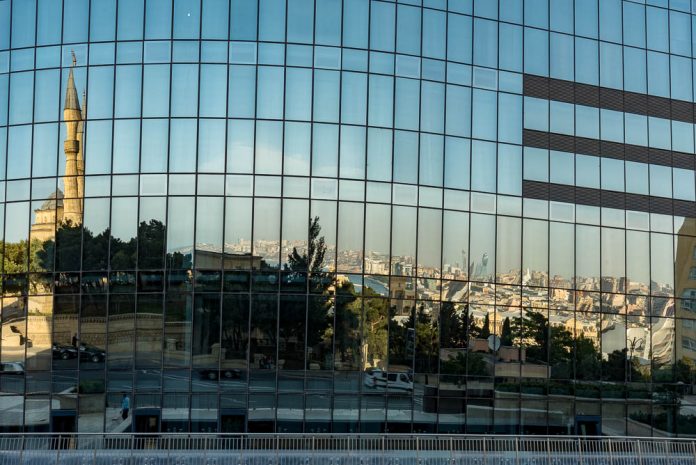Over the last year, EU-Azerbaijan cooperation has intensified: Partnership Priorities were endorsed; high-level security and transport dialogues launched; improvements to human rights and fundamental freedoms sought. Concluding a new comprehensive bilateral agreement remains a top priority.
The EU report published on March 15, sets out the state of play of developments in Azerbaijan since the last meeting of the Cooperation Council on 9 February 2018, and comes ahead of the upcoming EU-Azerbaijan Cooperation Council, scheduled to take place on 4 April in Brussels. The report focuses on key developments and reforms undertaken and reports on bilateral dialogues that took place.
“We have stepped up our cooperation with Azerbaijan, which is a key partner in our neighbourhood. The negotiations on a comprehensive new EU-Azerbaijan agreement are entering a decisive phase and we will keep working hard to achieve a modern agreement that addresses all aspects of our relationship, and that benefits citizens from both the European Union and Azerbaijan,” said High Representative for Foreign Affairs and Security Policy/Vice-President of the European Commission, Federica Mogherini.
Human rights and fundamental freedoms in Azerbaijan remain in need of improvement, in particular to increase space for civil society activities and remove the constraints on the freedoms of expression and of the media. The legislative measures related to the Bar Association, introduced in 2018 have put lawyers of human rights defenders under increased pressure.
“The European Union is providing strong support to Azerbaijan’s economic diversification and reform efforts, including in the key sectors of education, agriculture and rural development. The Partnership Priorities and the Eastern Partnership 20 deliverables for 2020 are guiding our future cooperation, including stronger people-to-people contacts and support to stronger connectivity, governance and economy in Azerbaijan. The EU will continue engaging with the authorities to support an enabling environment for civil society and the improvement of human rights and fundamental freedoms,” said Commissioner for European Neighbourhood Policy and Enlargement Negotiations, Johannes Hahn.
Human rights and fundamental freedoms in Azerbaijan remain in need of improvement, in particular to increase space for civil society activities and remove the constraints on the freedoms of expression and of the media. The legislative measures related to the Bar Association, introduced in 2018 have put lawyers of human rights defenders under increased pressure
The EU is Azerbaijan’s first economic partner, representing the majority of its trade and foreign investments and organised a successful EU-Azerbaijan Business Forum in June 2018. A new comprehensive EU-Azerbaijan agreement would offer the opportunity to further broaden our areas of cooperation. Since the last Cooperation Council in February 2018, the EU and Azerbaijan have made significant progress in the negotiations.
Recent reforms and Azerbaijan’s wider modernisation agenda in sectors such as agriculture, tourism, education and transport contribute to the diversification of the economy and support Azerbaijan’s ambition to become a transport and logistics hub.
The European Union and Azerbaijan will continue to cooperate in all areas of mutual interest, in full respect of shared interests and commitments, in particular in the framework of the Partnership Priorities where the European Union stands ready to provide the necessary assistance.

